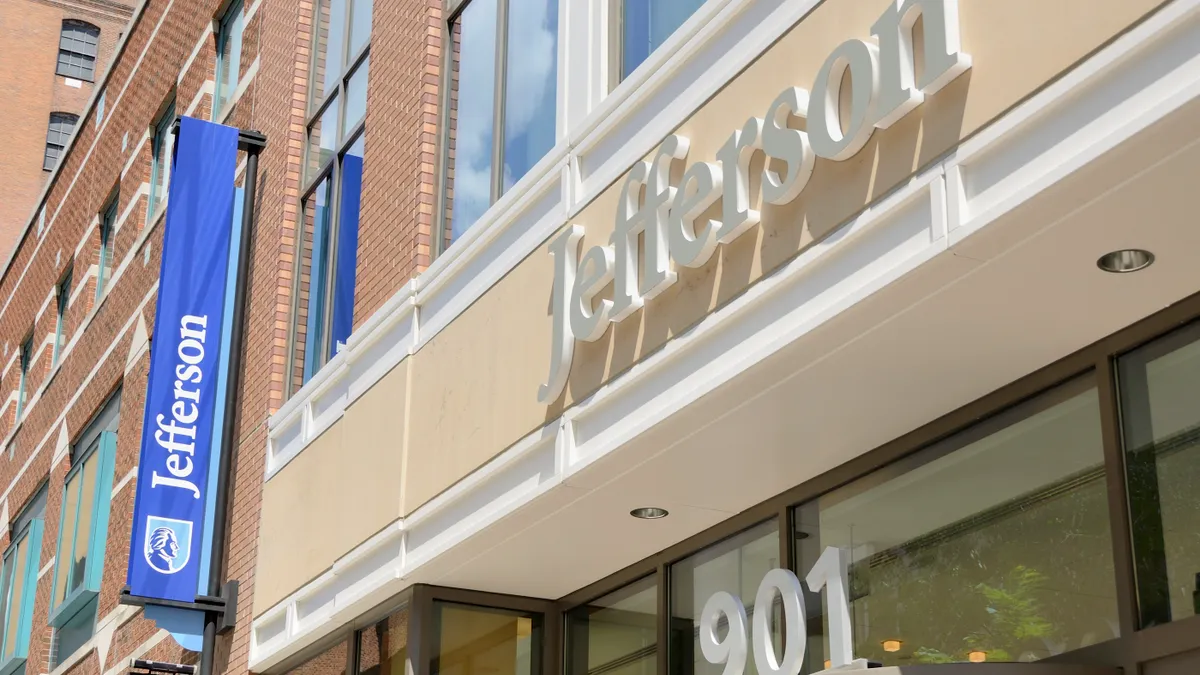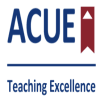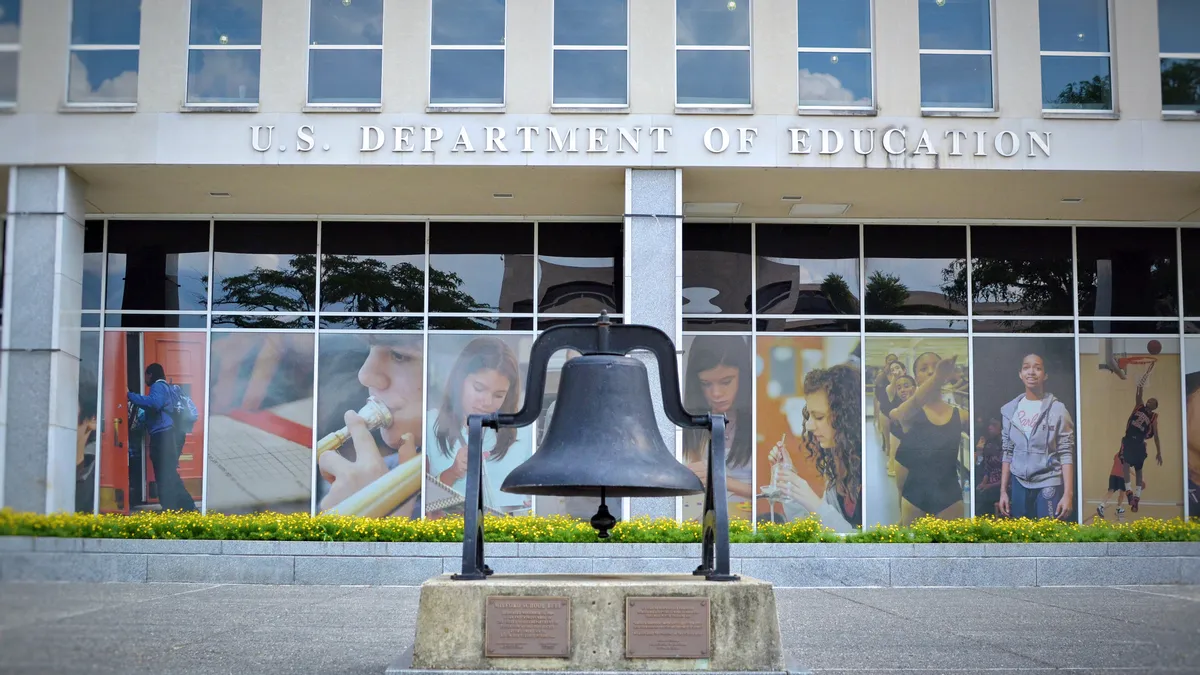Dive Brief:
- Eastern Washington University has adopted courses from Microsoft's Professional Program in Data Science, a move that officials said allowed it to quickly develop a degree in specialized data analytics. The new courses allow students to complete a BS in data analytics and earn a professional credential from Microsoft, according EWU's website.
- Initiatives like this one are proliferating among tech companies as they try to fill the shortage of graduates with expertise in data and computer science, said Charles Eaton, executive vice president for social innovation at the Computing Technology Industry Association, in an article in The Hechinger Report. Statistics show 40% of employers have trouble finding workers with these skills, according to Hechinger.
- In addition to Microsoft, other companies like Linux are teaming up with institutions such as MIT and Harvard through edX, the online learning and MOOC provider, to offer online courses that provide students specialized skills, along with exercises in critical thinking and collaboration.
Dive Insight:
Data shows that more than 500,000 IT jobs are vacant each year, and 57% of technology and academic leaders responding to a 2017 IBM survey agreed that industry and university partnerships are key to closing the gap. As institutions seek to produce graduates who can fill workforce needs, they are turning to tech companies like Microsoft, Apple and Facebook for help.
Some leading tech firms continue to produce college-level curriculum or invest in outreach — moves that are allowing institutions to offer courses or certification programs in high-demand fields for little cost. These types of partnerships are especially critical for institutions to stay ahead of workforce needs, as they'd have an insider look into so-called 'jobs of the future' — those careers yet to develop, but that are likely to be in tech and data analysis as automation continues to disrupt the workforce and the types of skills necessary.
Beyond curriculum, universities have teamed up with tech companies to more effectively demonstrate pathways into careers within the tech industry. Michigan State University's College of Engineering, for example, has partnered with several companies to offer hands-on engagement opportunities for students in hopes that they become more interested in certain types of careers. General Electric uses virtual reality technology to showcase to students what kinds of products they could be making post-college.










